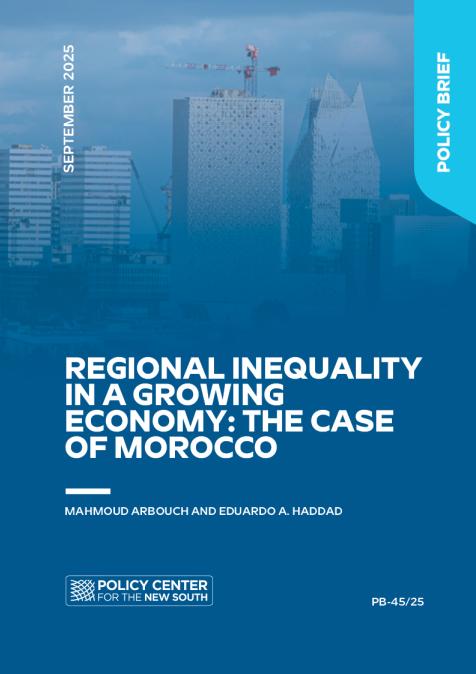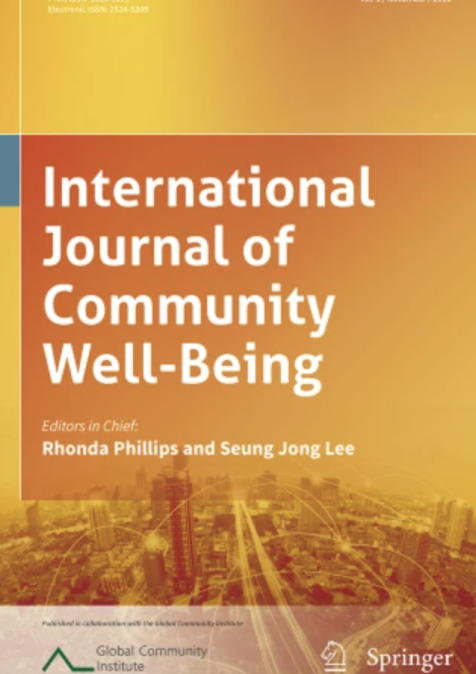Publications /
Book / Report
Addressing inequalities in all their forms has emerged as one of the major global challenges faced by numerous countries across the globe, particularly in Africa. In a context where Africa faces many pressing challenges that are the subject of much analysis (Sarbib et al. 2022), there is a clear gap in conducting comprehensive reviews focused on inequalities, partly due to the lack of available data.
Inequalities, which are both consequences and partial causes of poor development outcomes, cover a wide range of issues, including disparities in education, access to healthcare, security, and migration. Recognizing the central role inequalities play, not only as outcomes but also as influential factors adding to socio-economic imbalances, requires a thorough and comprehensive analysis. Based on available data, this paper takes a deep look at the different facets of inequality in Africa and its evolution over time. It proposes broad areas of policy interventions that could address the situation.
Income inequalities in Africa are high. In 2021, according to the World Inequality Database, the share of the top 10% cluster on the African continent accounted on average for approximately 54% of the total national income, which is more than six times the share held by the bottom 50%. Wealth inequalities are even more pronounced, with the 10% richest Africans concentrating nearly 71% of total wealth, more than double the wealth held by the bottom 90%. Strikingly, the bottom half of the population possesses a meager fraction of the total wealth, amounting to nearly 1%. These findings underscore the pressing need to fully document the dimensions of inequality and to work towards a more equitable distribution of the fruits of development across African societies.
Recent empirical studies (Piketty, 2013, 2019) suggest that beyond a certain threshold, high levels of inequality have a negative impact on economic growth. Not only does it lead to a decline in domestic demand, but it also results in the underutilization of human capital (IMF, 2017), in great part because of gender inequalities.
High levels of inequality are associated with patterns of economic growth that disproportionately benefit the wealthy, rather than reaching the bottom 50% of the population. Less inclusive growth hinders poverty reduction efforts. Additionally, pronounced inequality can create a sense of frustration, which can fuel internal tensions and increase the likelihood of social conflicts, ultimately undermining social cohesion and investment.
The COVID-19 pandemic has served as a stark reminder of the consequences of inequality. A significant majority of workers have lost their jobs and have been unable to meet their daily basic consumption needs. The impact has been particularly severe due to the prevalence of the informal sector, which accounts for an average of around 83% of total employment in Africa (ILO, 2022). Limited job security and inadequate social protections schemes for workers in the informal sector, the size of which is often the result of non-inclusive development, exacerbated inequalities. Compounding the issue, the low coverage of social protection programs for other populations with a mere 17% of the population covered by at least one social protection scheme (ILO, 2022). further deepened the vulnerability of the population to the pandemic.
The combination of factors underlined by the COVID-19 pandemic has intensified the challenges faced by individuals and communities, underscoring the urgent need for comprehensive measures to address and redress the causes of persistent inequalities in African societies. Addressing income and wealth inequalities requires fostering more inclusive growth, focusing on shared prosperity, and enhancing resilience. This underlines the fundamental importance of strong, legitimate, and ethical leadership with the political will to tackle the underlying causes of inequality and the vested interests behind it. Such leadership is needed to produce significant changes in fiscal, social, educational, and governance policies. Transparency and access to statistical data at the country level in each African nation are crucial for a better understanding of the dynamics of within country and continental inequalities, as well as for the development of more appropriate inclusive economic policies.











